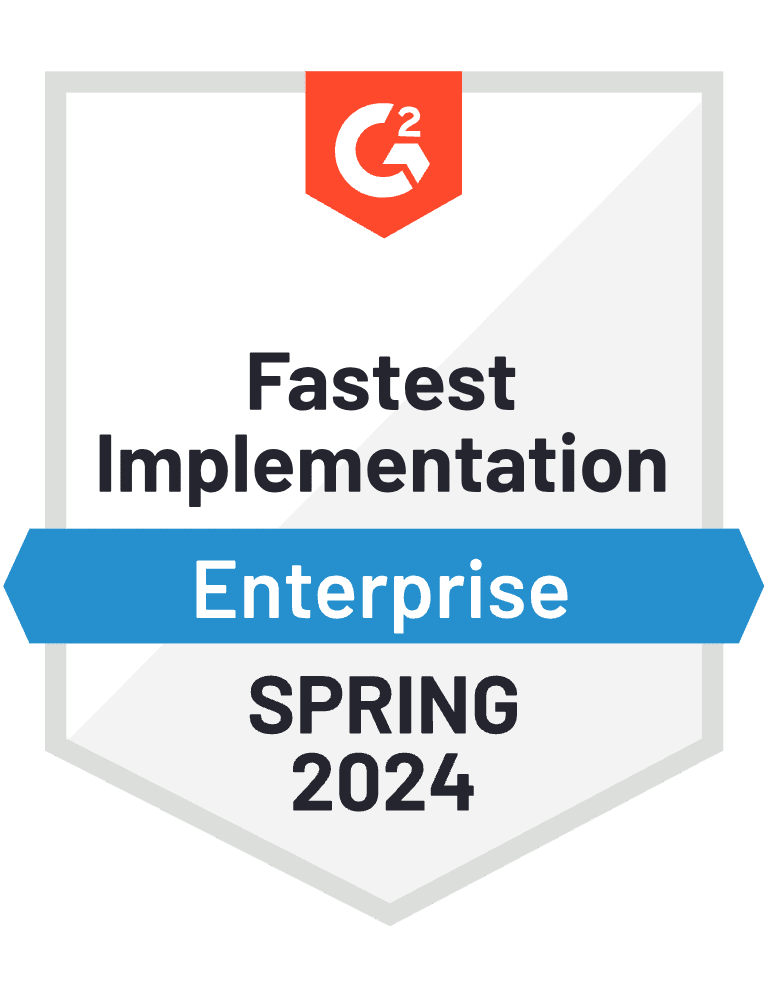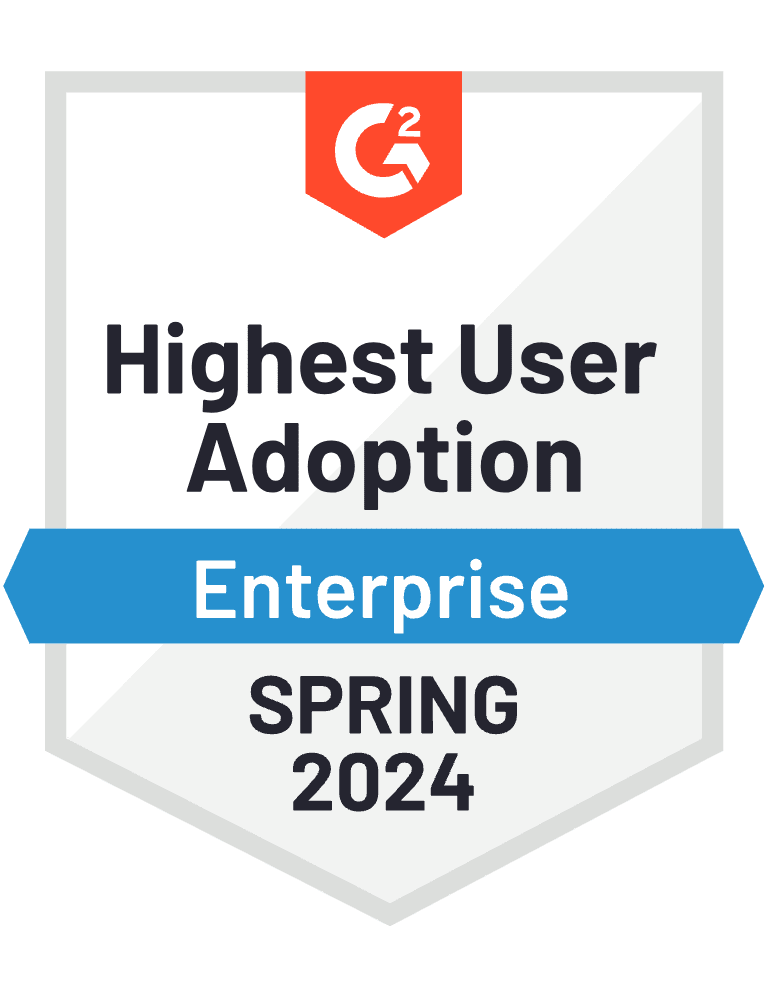The weight of an RFP response process is not a light load to carry! The amount of time, energy, communication, and resources required from you and your team should always be taken into account before making the decision to respond to an RFP. Though the process stays the same from proposal to proposal, not everyone is worth the weight of an RFP response process.
Developing a method to spot red flags in an RFP can save your RFP team a load of time and energy that could be used to secure a worthwhile win! Having a proposal pre-screening also puts the team on the same page and produce a more consistent result.
Read on to learn which questions to include in your proposal pre-screening process. If you spot red flags in these areas, you and your team may want to reconsider drafting your response!
Irregular Customer Fit
Starting with one of the most important areas of concern – how well does the issuing company fit your current brand and customer profile?
Here are a few things to consider when it comes to ensuring a positive customer fit:
- Consider if you’ve had success with similar companies and industries in the past
- Is the issuing company in an industry that you have experience with or have yet to enter?
- Are they outside of your target market?
- Consider your strategic and sales goals
- Will working with this customer match your company’s direction and focus for products and service?
- Consider if you would be proud to have the issuing company mentioned in the same sentence as your own
- Do their core values and principles align with yours?
Doing a little homework beforehand, can help you decide how well this opportunity will fit your current business model and company goals. Now, you may not always have the “perfect fit,” but through this assessment you will become more aware of the potential challenges that may present themselves later down the line.
No Previous Relationships
Having a past relationship with the issuing company can provide an important advantage when responding to an RFP. Not only can you reference the work that you’ve done together, but you can contact the people you collaborated with to serve as advocates for your company. Without any history, you can’t be sure about who you will be working with or what their team is looking for.
Here are a few more reason why having a previous relationship is important:
- Having key contacts that have become the decision-makers
- Do you have access or relationships to any of the people making the decision or is it being run by procurement or purchasing?
- Getting a leg up on the competition
- Can you speak to key contacts for more information?
- Do you have access to any stakeholders that can share insights or influence the decision-making process?
Previous relationships can provide you and your team with some extra confidence, by knowing that your response will be taken into serious consideration and having a clear vision of who you will be working with.
They Don’t Speak Your Language
When you and your team begin to browse through an RFP and notice reoccurring terms that don’t relate to your company, it can be a sign that the proposal was intentionally written with your competitor in mind. This is one of the easiest red flags to spot, and can be a big time saver, since you can catch it during the initial read through of an incoming proposal.
Here are a few more tips to ensure that you are not responding to a proposal that was not purposed for your company:
- Competitor Can Do’s
- Can you spot any competitor language or obscure requirements?
- Does the work entailed seem out of your scope or resources?
- Conventional sales wisdom
- The RFP may have been written or at least influenced by a competitor
- Has a competitor worked with the issuing company on related projects prior to the release of the RFP?
Now you won’t match 100% of what every proposal is looking for, but if it sounds like it was written by or for one of your competitors, it probably was. Unfortunately, this isn’t an uncommon occurrence. Often companies will issue RFPs to meet their internal quota or as part of their due diligence.
Blind RFP
A blind RFP is a request that you receive, without any prior conversation with the issuing company! One of the easiest ways to pinpoint if you have received a blind RFP, is if you have never worked with the issuing company and the RFP is your first touchpoint completely. When this occurs, it is safe to say that your chances for consideration are probably low.
Here are two more ways to define and pinpoint a blind RFP:
- It is a proposal that has very little prequalification’s so that it doesn’t fit the capabilities of a specific company
- It is a proposal that you did not see coming or merely expected
- Did you know about this before it came out?
- Do you understand the need or did this show up blind, likely written by a competitor?
By having a clear-cut focus on your company goals and collecting insights on other companies and industries that you want to work with in the future, it will become easier to spot blind RFPs and avoid wasting time on crafting a response.
Tight Turnaround Time
The process of responding to an RFP includes a series of detailed task, that need an appropriate amount of time to complete. Having a ridiculously tight turnaround time established by the issuing company is a definite red flag.
Here are a few realities of choosing to respond to an RFP with a tight turnaround time:
- The tighter the deadlines, the more likely it is that they have someone in mind and are bidding out of compliance as mentioned previously
- The issuing company is seeking solutions for an urgent or high-risk situation
- A tight timeframe will mean a rushed job and a higher likelihood of missing the opportunity
Though it may not deter your team from accepting the challenge to “beat the clock,” take the time to consider how often your team win bids with tight deadlines. Look back at past RFPs that your team has rushed, and if your win rate is relatively low on these bids, you should consider passing on this opportunity.
One suggestion is to ask for an extension! If they grant it, they are likely open to considering your proposal, but if they don’t, then they’ve likely already made their decision.
No Opportunity to Clarify
As mentioned earlier, RFPs are not small undertakings, which is why clear instructions and expectations are a must when you’re working on your response. So last but certainly not least, having little to no time to answer clarifying questions from prospects may be one of the most alarming red flags when it comes to RFPs.
Here are a few things to consider when it comes to getting those much-needed answers:
- An opportunity for dialogue
- Will they give you the opportunity to qualify further, ask questions and have a dialogued with those who will make the decision?
- Or is it a closed bid where you’re forced to “interpret” the requirements and true business need?
- Why this may happen
- The issuing company doesn’t really know what they want, so the scope and requirements are so broad or vague, it is difficult to meaningfully address them
Be wary of moving forward with a company where what they require from you is not easily understandable.
Receiving an RFP with one or two red flags might not be enough to stop you from completing it. But the key is to see if the likelihood of winning the proposal is great enough to place the weight of completing the RFP process, on you and your team. Having a pre-screening method that causes you to pinpoint those areas of caution, is the first step to making sure you only chase business you can win!
Ready to Secure Your Win?
Now, once you decided a proposal is worth responding to, we want to make sure your RFP process is as efficient as possible. This is why at RocketDocs, we made it our mission to streamline that process, along with simplifying RFIs, DDQs, and Questionnaires with our RFP solutions. Schedule a free demo today to see how we have streamlined the RFP response process.









